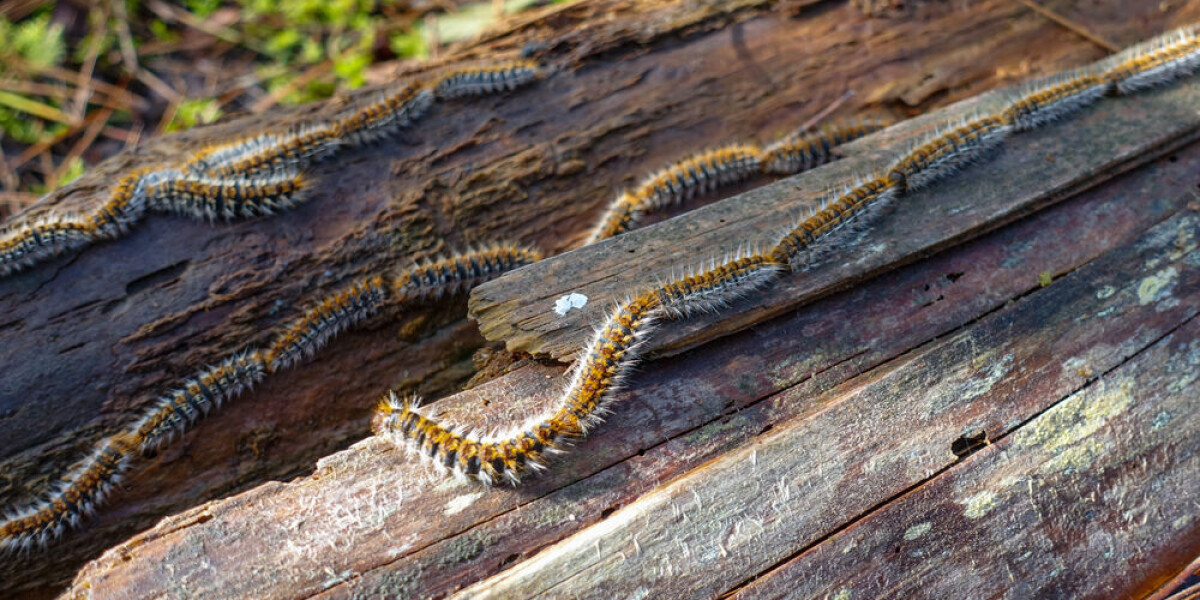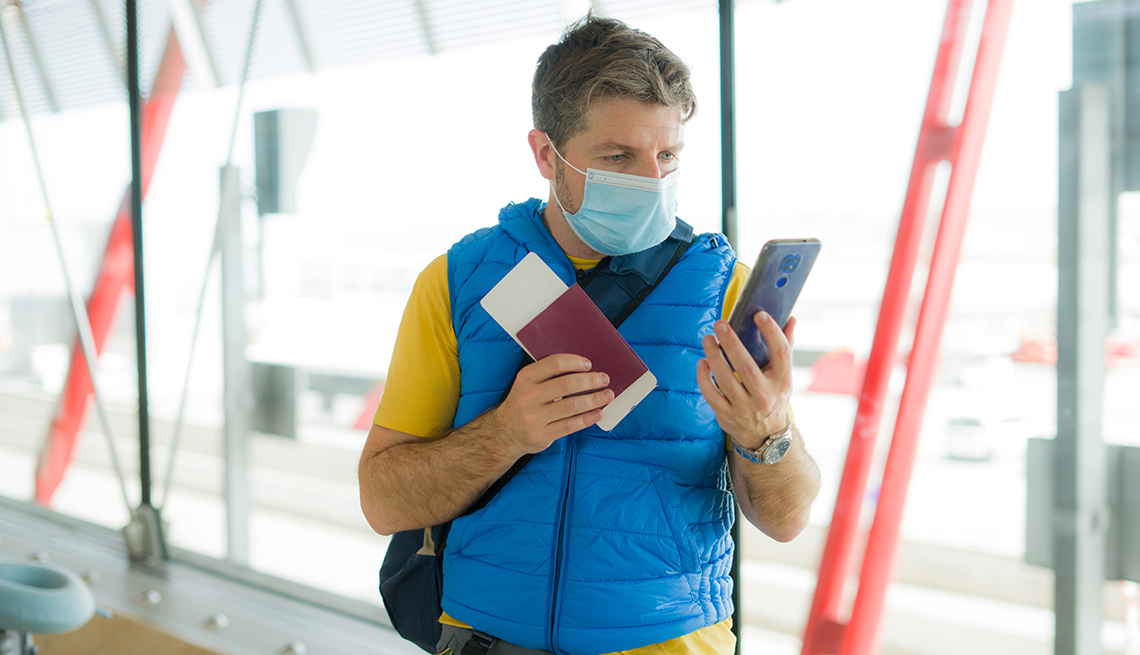
- Select a language for the TTS:
- UK English Female
- UK English Male
- US English Female
- US English Male
- Australian Female
- Australian Male
- Language selected: (auto detect) - EN
Play all audios:
CERTAIN CATERPILLARS CAN CAUSE NECROSIS OF THE TONGUE IN DOGS AND ARE APPEARING EARLIER EACH YEAR Dogs are at high risk from processionary caterpillars in France, and can suffer vomiting,
rashes, and even tongue damage, a vet has warned. The caterpillars - called _chenilles processionaires_ in French, after their tendency to travel in ‘processionary’ lines - are appearing in
trees and on the ground earlier each year as a result of global warming and mild temperatures. Their processionary behaviour, which sees them travel between trees in long lines across the
ground, can make them particularly intriguing to dogs, who may investigate and even try to eat them. However the caterpillars are highly toxic. Their bodies are covered in tiny hairs that
can cause major health problems for dogs as well as humans and other pets. Anses - France’s national agency for food, environmental and occupational health safety - has previously warned
that the caterpillars’ hairs or bristles can detach and sting, passing on “a very irritating and inflammatory toxic protein called thaumetopoein”. This can cause vomiting, rashes, and mouth
and tongue inflammation. One of the most severe consequences for dogs is that the tongue and mouth tissue can begin to die (necrosis). Severe intoxication can also be fatal. “The most
significant and serious consequence [apart from death] is for the tongue…pieces of tongue can drop off, and even the entire tongue can within a few days,” Nicolas Gamard, a vet from
Saint-Brevin-Les-Pins (Loire-Atlantique), told _FRANCE 3_. Mr Gamard said that cases of intoxication are being reported earlier and in colder seasons. Since Christmas 2023, he has operated
on around a dozen dogs affected by the caterpillars, he said, when normally the first cases only start from springtime onwards. One labrador owner said that their dog found several
caterpillars in the garden and ran back into the house before vomiting. The owner washed the dog’s mouth out with water immediately, and took her to the vet. Despite this quick action the
dog still lost parts of her tongue. READ MORE: HEALTH WARNING WITH FRANCE IN PEAK PERIOD FOR DANGEROUS CATERPILLARS SIGNS THAT YOUR DOG (OR ANY PET) MAY HAVE BEEN AFFECTED * Inflammation,
rash, or discomfort around the mouth, tongue, eyes, or face * Red tongue, becoming black within 24-48 hours * Sudden excess drooling Symptoms can come on up to two hours after contact. WHAT
TO DO IF YOU THINK YOUR DOG (OR ANY PET) HAS BEEN AFFECTED * Wash the affected area, including the mouth and tongue, with cold water, as soon as possible, for 15-20 minutes * Take your dog
to your nearest vet immediately * Consult a veterinary anti-poison centre READ MORE: WHAT TO DO IF YOUR PET IS HURT BY PROCESSIONARY CATERPILLARS IN FRANCE HOW TO AVOID THE CATERPILLARS The
caterpillars are typically seen in areas with pine trees, or oak trees, as there are two kinds of caterpillar (pine and oak, _pin _and _chêne_). The pine variety is brown-orange in colour,
while the oak type is more grey. READ MORE: TWO TYPES OF PROCESSIONARY CATERPILLARS GAINING GROUND IN FRANCE Their nests look like balls of cotton wool, high in the tree branches. The lines
of caterpillars may be difficult to spot in a wooded area but if you do notice them stay away. Avoid drying clothes outside, and be careful when mowing the lawn. Wash fruit and vegetables
picked in the area. Avoid rubbing your eyes during and after a walk. Children should also be warned not to touch the caterpillars, or go near them. Even inhaling their hairs can cause
reactions in both children and adults, including respiratory allergies, rashes, conjunctivitis, inflammation and even asthma attacks. Last year they were officially recognised as a harmful
species in France. READ MORE: PROCESSIONARY CATERPILLARS NOW OFFICIALLY A HARMFUL SPECIES IN FRANCE RELATED ARTICLES PROCESSIONARY CATERPILLARS IN FRENCH FOREST BLAMED FOR SICK DOGS ‘WHAT I
LEARNT ABOUT PROCESSIONARY CATERPILLARS IN MY FRENCH GARDEN’



:max_bytes(150000):strip_icc():focal(783x0:785x2)/gettyimages-505079068-2000-42d9c98a2c9b483d9887d2f1ad91cd20.jpg)



